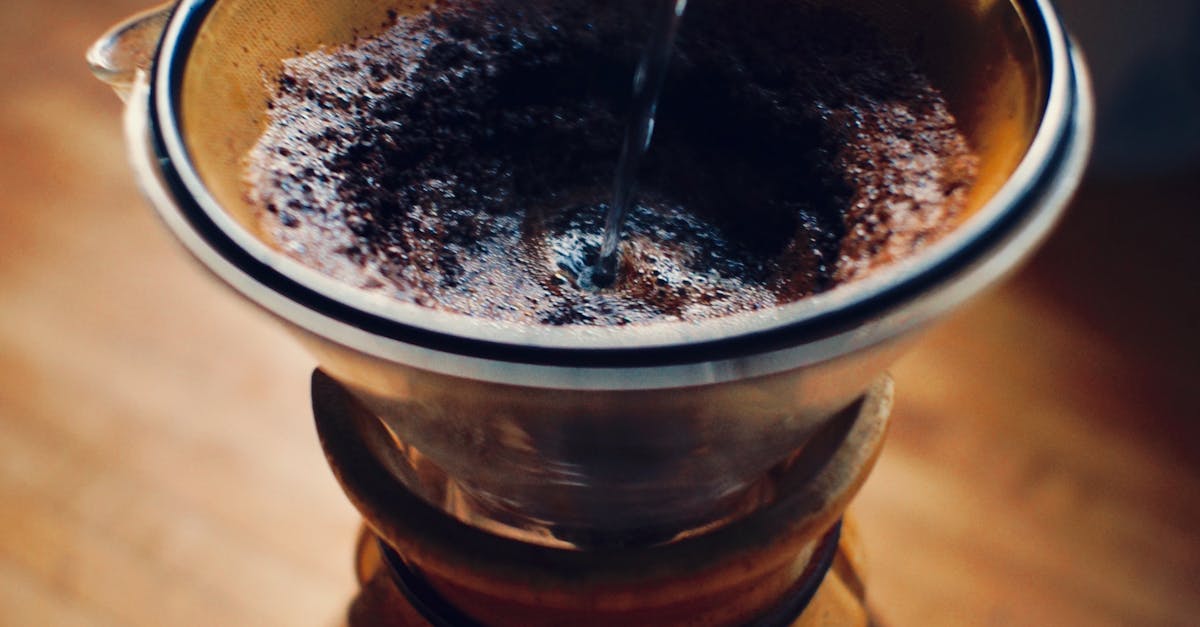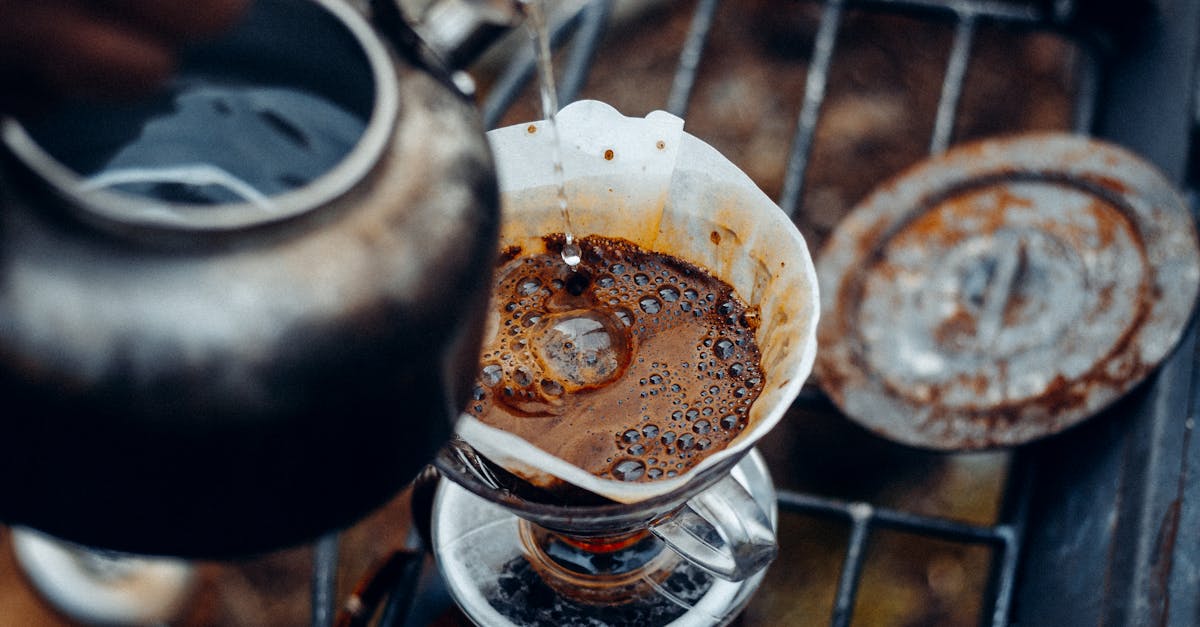
Table Of Contents
Replacement Considerations
When considering the replacement of a hot water cylinder, several factors come into play that can influence the decision. It's essential to evaluate the age and condition of the cylinder, as well as its efficiency over time. Regular maintenance can extend the lifespan of the unit, but wear and tear will eventually take their toll. Hot Water System Inspections can help identify potential issues before they escalate. These inspections are critical for assessing performance and ensuring safety.
Energy efficiency is another crucial aspect when deciding whether to replace your hot water cylinder. Older models tend to become less efficient, leading to higher energy bills. Investing in a newer, more efficient model can lead to long-term cost savings. Moreover, advancements in technology mean that modern cylinders are often designed to operate at optimal efficiency. Optional upgrades may also be available that can further enhance performance and reduce energy consumption, making it wise to consider these factors during your evaluation.
When Is It Time to Replace?
Recognizing when it's time to replace your hot water cylinder is crucial for maintaining efficiency and comfort in your home. Generally, water heaters can last anywhere from 10 to 15 years, depending on their type, usage, and maintenance. If your unit is approaching the end of its lifespan, or if you notice irregularities such as inconsistent temperatures or frequent breakdowns, it might be time to consider a replacement. Regular Hot Water System Inspections can help identify potential issues before they escalate, ensuring you stay well-informed about your system's condition.
Older units may also be less efficient, leading to increased energy costs and diminished performance. As they age, components tend to wear out, which can lead to leaks or reduced hot water supply. If you find your energy bills rising despite no significant changes in usage, an outdated hot water cylinder could be the culprit. Proactive measures such as routine maintenance and Hot Water System Inspections can extend the life of your system, but there comes a point where replacement makes more financial sense than continued repairs.
Energy Efficiency Over Time
As hot water cylinders age, their energy efficiency tends to decline. This inefficiency often results from wear and tear on components that affect heating capacity and insulation. Over time, sediment buildup can occur at the bottom of the tank, leading to decreased heating efficiency and increased energy consumption. Regular maintenance, including flushing the tank, can help mitigate some of these effects, but it may not restore peak performance.
Hot water system inspections are crucial in identifying issues that can be addressed before they lead to significant inefficiencies. These inspections can reveal problems such as leaks or outdated parts needing replacement. By staying proactive with maintenance, homeowners can optimize their hot water systems and prevent premature failures, thus ensuring more efficient energy use over the lifespan of the unit.
Impact of Age on Performance
As a hot water cylinder ages, its performance can significantly decline due to wear and tear. Corrosion may set in, particularly if the cylinder is made of metal. This deterioration affects heating efficiency, leading to longer heating times and inconsistent water temperatures. Regular maintenance, including Hot Water System Inspections, can identify early signs of aging and help mitigate potential issues before they worsen.
An older unit often struggles to meet the demands of a modern household, particularly with increasing hot water usage. Increased energy consumption is frequently observed as older models become less efficient. This can lead to higher utility bills over time. Homeowners should consider periodic assessments to ensure that their hot water systems are operating optimally and are in compliance with current efficiency standards.
Cost Implications
The financial implications of maintaining a hot water cylinder can vary significantly depending on its age and condition. While routine maintenance can prevent major issues, older systems often become less efficient, leading to increased energy bills. Investing in Hot Water System Inspections can identify potential problems before they escalate, potentially saving homeowners from costly repairs or emergency replacements down the line.
Over time, the costs associated with supporting an aging hot water cylinder can outweigh the initial investment of a new unit. Newer models tend to be more energy-efficient, which may lead to lower utility expenses. When weighing the financial aspects of maintenance versus replacement, consideration should also be given to warranties and potential savings from energy-efficient technologies that modern cylinders offer.
Financial Aspects of Maintenance vs. Replacement
When assessing the financial implications of maintaining versus replacing a hot water cylinder, various factors come into play. Routine maintenance can extend the lifespan of a hot water system, potentially saving homeowners from the immediate expense of a replacement. Regular Hot Water System Inspections can identify minor issues before they escalate, allowing for cost-effective repairs that keep the system running efficiently.
On the other hand, as hot water cylinders age, they may become less energy-efficient, leading to higher utility bills. Replacement costs can be daunting, but investing in a new system may result in significant savings over time due to improved energy efficiency. Balancing maintenance expenditures against the potential costs of a new installation requires careful consideration of both short-term and long-term financial impacts.
FAQS
What is the average lifespan of a hot water cylinder?
The average lifespan of a hot water cylinder is typically between 8 to 12 years, depending on the type and maintenance it receives.
How can I tell if my hot water cylinder needs to be replaced?
Signs that your hot water cylinder may need replacement include inconsistent water temperature, leaks, unusual noises, and rust or corrosion on the tank.
Does the age of my hot water cylinder affect its energy efficiency?
Yes, as a hot water cylinder ages, its energy efficiency tends to decrease, leading to higher energy bills and less reliable performance.
What are the financial implications of maintaining versus replacing my hot water cylinder?
While regular maintenance can extend the lifespan of a hot water cylinder, it may ultimately be more cost-effective to replace an old unit if repair costs exceed a certain percentage of a new cylinder's price.
Are there any specific maintenance tips to prolong the lifespan of my hot water cylinder?
Regular maintenance tips include flushing the tank annually, checking the anode rod, ensuring proper insulation, and having a professional inspection every few years to identify potential issues early.





























